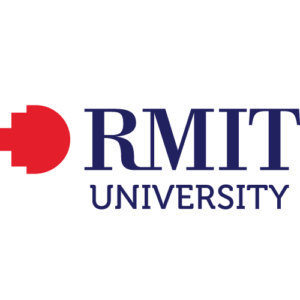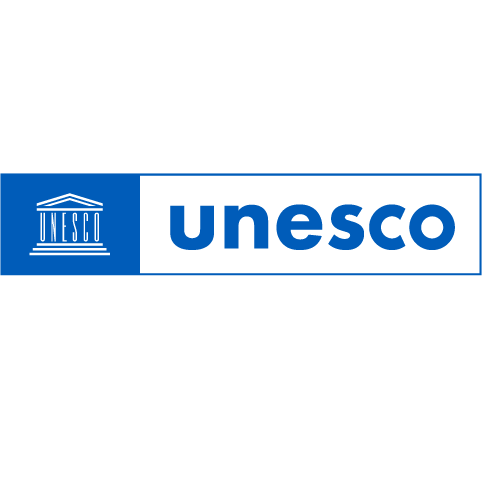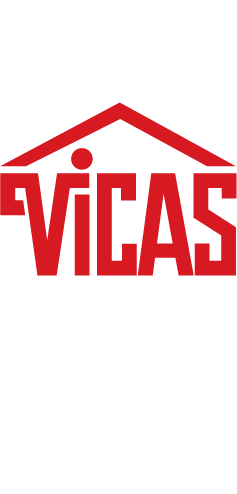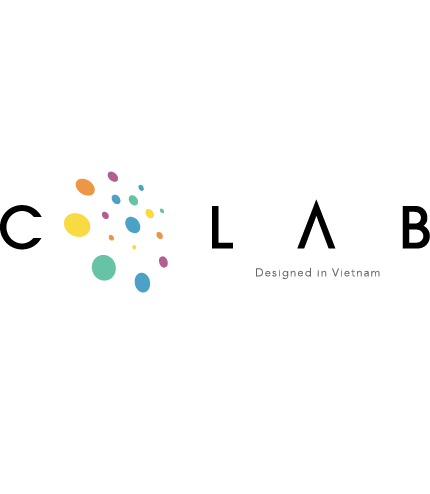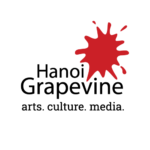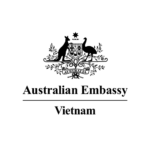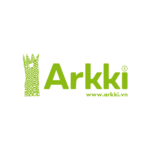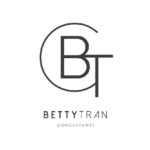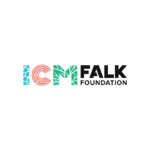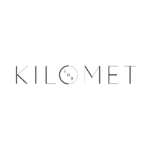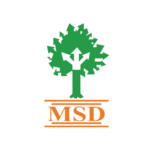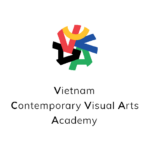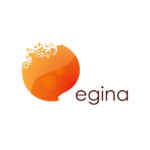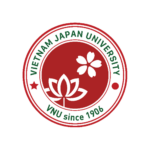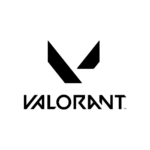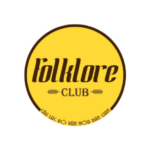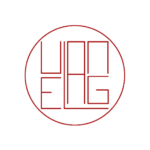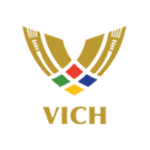Explore an innovative approach slated to make various Vietnamese industries more environmentally sustainable in a conversation with Tiphaine of ICM Falk Foundation. The presence of a circularity discussion at VFCD 2021, then, is a timely occurrence that echoes the Festival’s “Creative Future” thematic – in this instance, the “creative” part signifies the level of innovation and the sense of imagination involved; and “future”, because as yet the substantial wealth of potential and ideas remain under-tapped.
Deform to Form: A Circularity Conversation with Tiphaine Pham of ICM Falk Foundation
Explore an innovative approach slated to make various Vietnamese industries more environmentally sustainable
While browsing through the ICM Falk Foundation website I came across an intriguing infographic: the image is of instant-noodle seasonings wrapped in some sort of transparent film – reportedly the properties of which include, amongst other usual functions of food packaging, edibility. Made out of biodegradable materials and given the name EdiFilm, the product has been designed by five students from HCMC University of Technology; together, they formed a team that has now advanced to the final round of this year’s Bách Khoa Innovation competition, while also hailed by ICM as “Circular Hero[es]” – those championing the causes of upstream innovation and circularity in Vietnam.
It turns out thinking about quotidian matters such as instant-noodle packaging is a good way to illustrate seemingly-macro concepts such as upstream innovation and circularity: creative intervention has been added by the EdiFilm team to the product-design stage so that all packaging – when eventually submerged with noodle into boiling water – can wholly dissolve and be consumed; at the same time, the process mimics nature’s circular ways – how most things disintegrate and get absorbed into other things and help advance the biological life cycle (here, I think of another ICM Circular Hero: a student group called The Blastic making bioplastic products such as plant nursery bags, which literally decompose in soil and help fertilise that soil).
Granted, dissolving plastics, edible food-wraps and the circularity concept in general might be quite well-researched and present in facets of everyday life elsewhere, but in Vietnam they remain a rare phenomenon.
This is where support organisations like ICM Falk Foundation enter the scene. A private family foundation originating in the US and following their own outcome- and evidence-based strategies, ICM has been active in Vietnam since 2020 to help solve the country’s climate-change and environmental issues through local-centric solutions. The Blastic and Edifim are two of the groups/organisations that have received support from ICM to bring their products past the ideation phase.
The presence of a circularity discussion at VFCD 2021, then, is a timely occurrence that echoes the Festival’s “Creative Future” thematic – in this instance, the “creative” part signifies the level of innovation and the sense of imagination involved; and “future”, because as yet the substantial wealth of potential and ideas remain under-tapped.
“The average student has many good ideas regarding circularity, but they lack that ‘infamous’ combination of funding and networking opportunities. It’s really about how you can rethink business models and consumption. We try to find ways to help them turn a moderately developed/tested model into a proper venture, an actual business that can be sustainably scaled.” – said Tiphaine Pham, Strategic & Program Advisor of ICM Falk Foundation.
Ahead of the talk ICM is hosting at VFCD 2021 alongside Behalf Studio, I chatted with Tiphaine about the state of circularity in Vietnam, the stakeholders, the biggest potential and challenges, and the range of support the organisation has been providing.
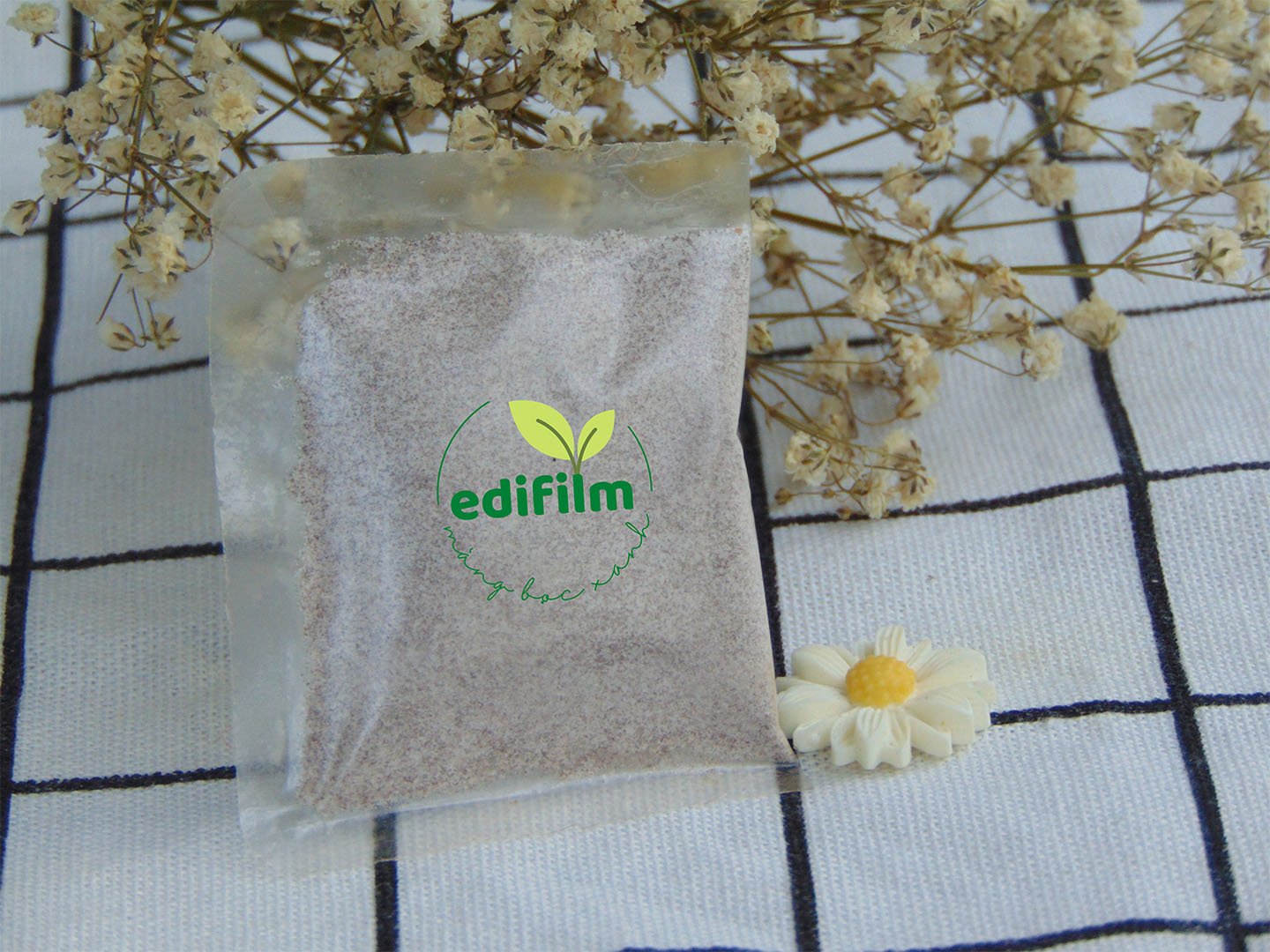
The average student has many good ideas regarding circularity, but they lack that ‘infamous’ combination of funding and networking opportunities… We try to find ways to help them turn a moderately developed/tested model into a proper venture, an actual business that can be sustainably scaled.
Given ICM’s commitment to Vietnam and the country’s environmental issues, how has this been translated into the activities that you’ve carried out here?
TIPHAINE PHAM: A very relevant and innovative approach for solving our focus issues is the circular economy framework; within this, we’re concentrating on the upstream side – a novel, holistic and burgeoning subsector revolving around prevention. Dealing with recycling – the downstream side – requires a lot of financial and human resources. We need to design things, services and businesses in a more efficient and thoughtful way in order to remove or reuse waste right from the beginning – this is how our focus on upstream innovation came about, building on the work of the Ellen Macarthur Foundation, and where circular based design plays a crucial role.
ICM currently has three pillars of work in Vietnam. Firstly, the Knowledge Hub, which concentrates content and knowledge around circular innovation, upstream innovation, innovative waste reduction and entrepreneurship. The second pillar is the Circularity Ecosystem: developing awareness to build capacity and show students what the circular economy means and how public and private Vietnamese stakeholders can innovate using the circularity mindset. The third area is called the Upstream Venture Lab, with which we try to support young innovators through grants, development of Minimum Viable Product, and networking support.
Could you describe what Vietnam’s circularity community is like? What’s the government’s take on the circularity approach?
On a macro level, Vietnam’s really eager to transition towards circular economy and use it as a framework for a more resilient economy. There’s actually an upcoming Vietnam Circular Economy Hub designed and launched by the UNDP. The government has a clear interest in this since they know that climate change is affecting Vietnam terribly, and the circular economy could help with preservation/mitigation efforts in this area.
But how does that trickle down to on-the-ground projects? We see a lot of potential innovation with raw materials – such as coffee grounds, rice straws, grass straws, sugarcane waste, etc. – though these are still not well-seen and well-understood by the general public.
The ‘upstream’ sector in Vietnam is still very nascent. Innovative ideas die before they even get a chance to become commercialised and attain healthy financial growth. While we do see some innovation projects going to international competitions, unfortunately that’s as far as we see things go here.
For more mature circularity ventures, I think the key missing ingredient is creative/alternative sources of funding. There are many ways of getting capital nowadays, and the Foundation aims to become a new type of venture capital for environmental impact ventures, specifically ‘venture philanthropy’. You see a lot of venture capitalists and traditional bank funds that support tech start-ups, but impact ventures aren’t that well-understood in Vietnam yet. There are organisations whose sole focus is to solve climate-change issues, and they’re willing to hear ideas from those needing support.
2021 has been when we started funding small projects, following some strategic programme planning in 2020. This year we’ve funded four main projects, with another currently under review linked to research. These projects are mainly to do with our support work for the Circularity Ecosystem, and three of them are related to young entrepreneurs. We also support ventures that are more mature, or early-stage start-ups. Not only providing grants, we also want to invest in future talents, innovation and especially entrepreneurship.

Purified water provided by Evergreen Labs in reusable and refillable glass bottles. Photo c/o Evergreen Labs & ICM Falk Foundation
I’d like to go into more detail regarding your event at VFCD. Could you talk about the speakers and why you’ve invited them?
First up is Vũ Hoàng Anh, whom our fellow organiser Behalf introduced to us. He designs products for premium customers, and will talk about eco-design through a product designer’s angle, explaining how to source better materials, how to be more responsible in the design process, and how one should understand ethical labour.
The second speaker is Lindsay Nutley from QLM Group, a company that designs and manufactures labels and packaging. He’ll talk about how to approach circular design from an industry perspective and make it work on larger scales. In contrast, Vũ Hoàng Anh focuses on the market’s niche sections, so by inviting two such speakers we can show the range of applications of circular design, and in turn how the respective design processes differ.
The third speaker comes from ICM’s grantee network: Dr. Kasia Weina from Evergreen Labs, a social venture builder focusing on sustainable agriculture and waste management. They work with low-value plastics – things that normally end up in landfills or get burned – and have managed to implement a solution in Danang and Hoi An to recycle those plastics into parts that can be used/reused infinitely. Dr. Weina will help the audience understand how we could close the loop in material flows, how we could think differently from a system-wide perspective in order to make our processes more circular.
We’ve invited these speakers – a designer, a manufacturer and an impact entrepreneur – because together they embody perfectly the concept of circular design: design that’s long-lasting, innovative and beautiful to look at, but also responsible from a production and end-of-life viewpoint. All three speakers work with core principles of circularity, and through their conversations we’re going to see how those principles are interconnected.
Through this event we want to initiate the conversation and see if we can kickstart a type of circularity community in HCMC and connect different stakeholders – for instance, students, designers or start-ups – so they can make products together. It’s an aim we have with Giang Nguyễn from Behalf Studio that’s still at an early stage.
You mentioned a point that I wanted to touch on as well: how difficult is it to balance – with any given product – between a quality design and the ideal scenario that the ensuing production should be sustainable?
Extremely difficult, because cheap products are not long-lasting, and if they’re not long-lasting they get disposed of mindlessly. For instance, how would you dispose of a table made of MDF or cheap metal? You either sell it cheap or it ends up as a dump, you don’t really know what happens afterwards.
The question of how to become more circular is already very difficult for Vietnamese consumers to answer, and even more so for designers. They should understand where they’re sourcing products from, or whether the manufacturing process is environmentally-responsible. If there’s waste resulting from their production, where does it go? Is it affecting workers’ health? Is it energy-efficient? And then, how do you ensure consumers will make good use of your products for a long time?
A designer alone won’t find the answers, so there needs to be a system-level change in thinking, and different stakeholders need to work together to make all pieces of the puzzle fit. There’s also always the overlaying question of how much a circular product’s going to cost, and this is where I think our panellists will have very good discussions on.
For ICM as a foundation and a support organisation, a good circular product is something that could always compete efficiently with a traditional product, in terms of functionality or ease of use, and especially cost, but would provide the added value of clear positive environmental impact.
Evergreen Labs products made from recycled plastics. Photos c/o Evergreen Labs & ICM Falk Foundation
From your perspective, what’s an example of a practical thing we could do to engage with the circularity mindset on an everyday basis?
I’m a big fan of refilling – taking container with you when doing takeaway, for instance. I’ve tried this around my neighbourhood and actually vendors are very enthusiastic about (re)filling – the local phở or coffee people know me by name because I always have my container with me when buying from them. But this type of refill business isn’t easily accessible yet – that’s something we’re definitely trying to solve with local entrepreneurs.
At the moment ICM’s focus is mainly on activities in HCMC and Hanoi, do you have plans to partner with organisations located in other Vietnamese cities/provinces?
Currently we’re active in HCMC and Hanoi where a lot of leading universities and support organisations are implementing programmes about circularity or environmental impacts, and these are where actual solutions are currently found. Nevertheless, good ideas also come from other places – we’re not opposed to helping those out, along with co-impact partners and funders interested and passionate about solving the climate crisis through local-centric solutions.
Considering how damaging Covid-19 has been to a lot of people, we have to be very aware that saving environment, recycling or reusing plastic isn’t going to be a priority for many who can’t afford to do it yet. Part of the circular economy mindset is also to be mindful of economic inclusion.
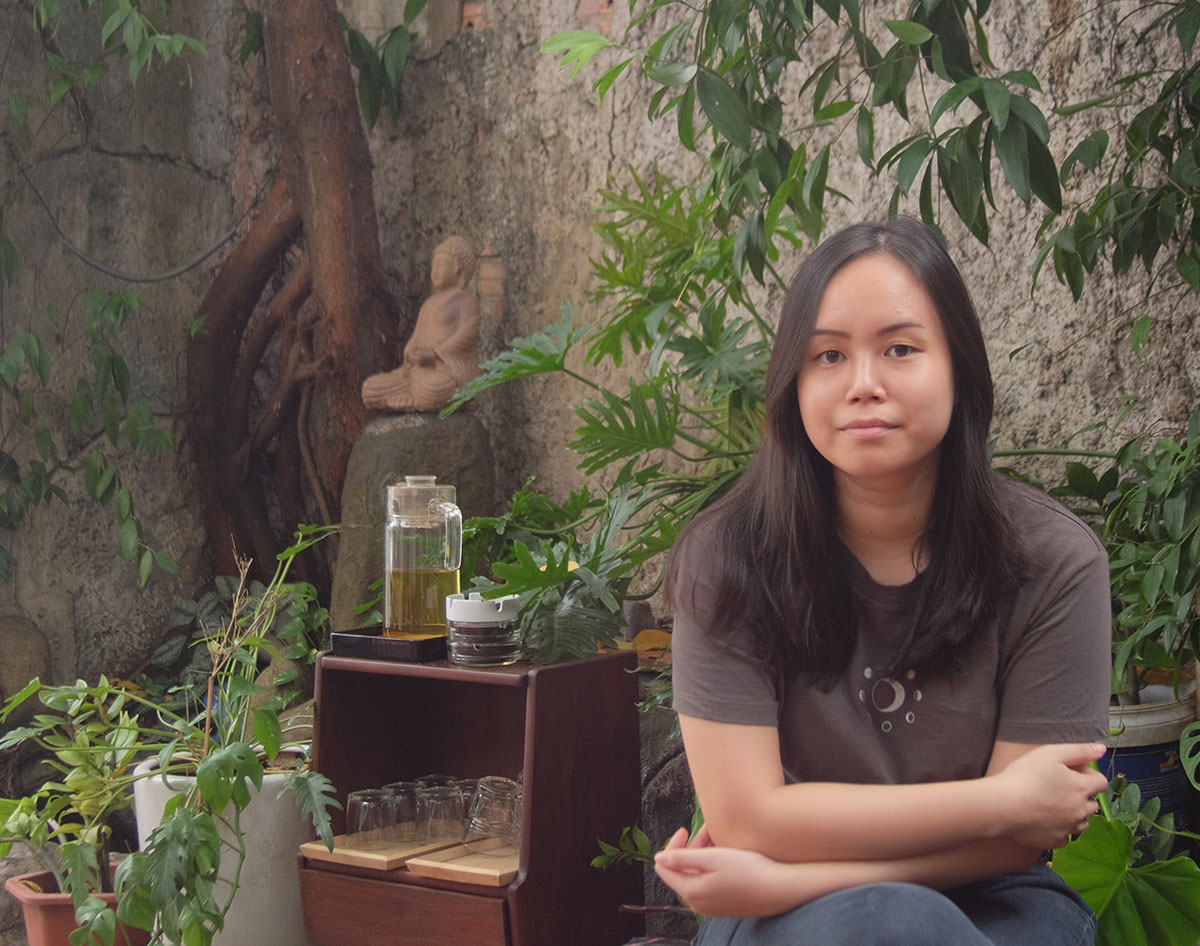
ABOUT ICM FALK FOUNDATION: Building upon its strong legacy of radical innovation, the Ida C. and Morris Falk Foundation focuses on encouraging a global commitment to the New Plastics Economy through local solutions that permanently reduce the amount of waste production and pollution. In the spirit of its founder’s ethos, the mission of the family foundation is to support innovation, entrepreneurship, and leadership that drive positive, equitable, and sustained impact for the world’s communities and ecosystems. ICM Falk Foundation supports scalable and sustainable solutions through a collaborative, collective impact approach, in order to undertake “a lot with a little” whilst upholding its core values.
Interview undertaken by HDT
Graphics by Rongchơi
Translated into Vietnamese by Đinh Vũ Nhật Hồng
Header photo: Biodegradable nursery bag for plants designed by The Blastic, c/o The Blastic & ICM Falk Foundation
Kindly credit VFCD 2021 when sharing the article.
Please do not copy or repost without permission.


